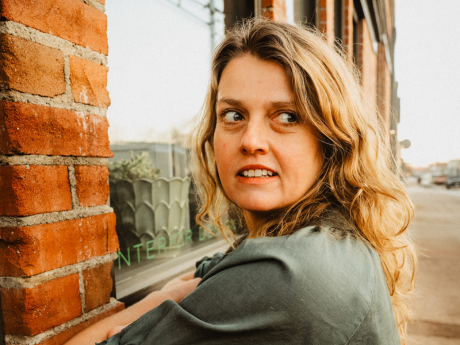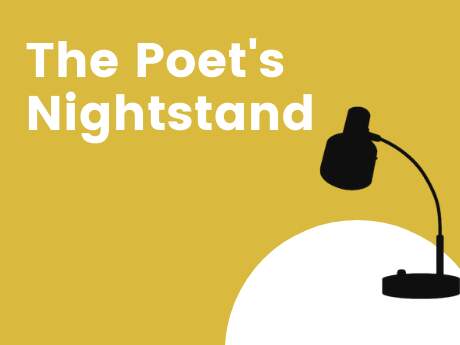The Poet’s Nightstand
The Poet’s Nightstand with Sommer Browning
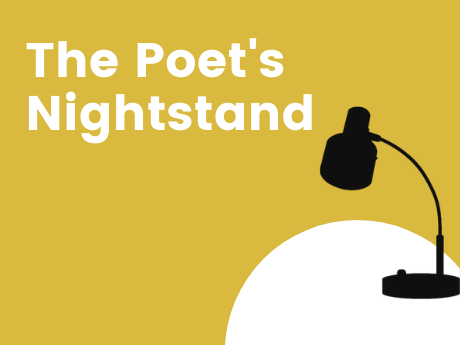
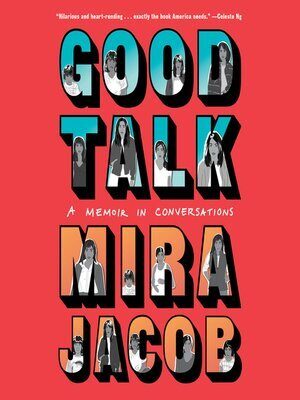
Good Talk
by Mira Jacob
How beautiful and painful and inexplicable is motherhood? And maybe never more so than when civilization’s brutal unfairness threatens the well-being of your child. Jacob‘s book centers her conversations with her young, mixed-race son. The son is at the age when life grows beyond the curated experience of the home, when young people begin to become citizens of the world. Jacob shows us how motherhood has to change at this point. It’s no longer changing diapers and spooning food into a hungry mouth; it’s the careful act of translating her own experiences with racism, bigotry, and violence into lessons that protect and educate her child. On top of this, there’s a deep wish to do it while preserving the child’s brightness, innate love, and passion. It’s impossible; it's the only thing we can do. I thank her for sharing her experience of mothering so bare-facedly in this book. It made me grow and, because art is magic, I read it right when I needed to—as I enter a new phase of motherhood. Thank you to my friend Sarah McCall for recommending it. I feel like I should also say that it’s a graphic novel!
Purchase
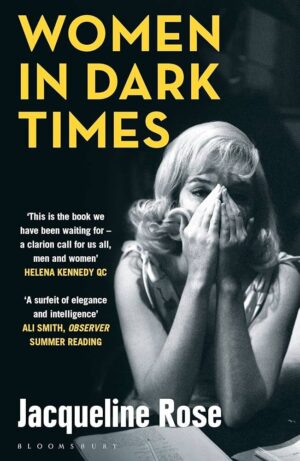
Women in Dark Times
by Jacqueline Rose
This is a fascinating book. I learned so much about the famous women Rose writes about—Rosa Luxemburg, the painter Charlotte Salomon, Marilyn Monroe—and the less famous: Shafilea Ahmed, Heshu Yones, and Fadime Şahindal. Rose examines their lives and deaths through the lens of psychoanalysis and feminism. To me, her approach meant she spoke of their lives and, simultaneously, the facts and circumstances of their oppression as women. That doesn’t make sense really…or get across what I mean. I guess while reading this book, I started to form a new blurry take on conveying and writing history. I saw the way women have shaped the concept of modern freedom and autonomy not through their oppression, and not exactly despite it, but parallel to it. Again, I’m not saying it right. I have more thinking to do. But this book, somewhat relatedly, also did another thing for me. A selfish and personal thing. It offered an approach to a writing project I’m working on. And if you’ve never felt that warm, exhilarating permission, that conceptual view-widening that happens when a path forward is built in front of you—a feeling that only comes through experiencing another person’s craft—shit, I’m sorry, because it rules.
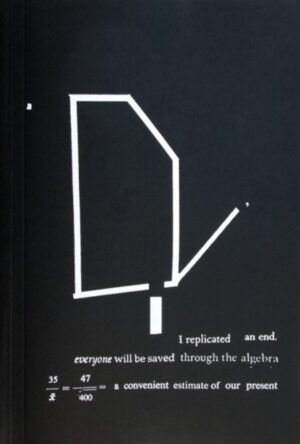
No New Theories
by Kameelah Janan Rasheed
"Let this text be alive as much as you are alive. Might be enough." This is a quote from Alexis Pauline Gumbs that appears in Kameelah Janan Rasheed’s amazing artist's book No New Theories. The quote appears above of a xeroxed-looking, zine-style, DIY-collaged text interview with Rasheed and the art writer Jessica Lynne. The pages of the interview burst with marginalia, with arrows pointing to handwritten revisions, annotations, and quotes that look like they were photocopied from the books in which they appeared and then pasted onto the interview pages. The whole book is like this, alive like this—interleaving texts, images, archives, spreadsheets, diagrams, photos, corrections, screenshots. It has the gravitas of every book—I’m about to teach you something—but the form and concepts inside push against the covers, spine, binding glue, and every rule about who exactly gets to know and when and why. Rasheed describes herself in various places as a learner. She’s an artist who centers that process, dissects it, asks it hard questions—and, this is the thing that perhaps makes me really dig her work—believes in it as a transformative act that might be enough—as long as it shifts and evolves, as long as it’s alive.
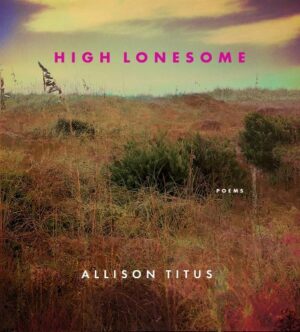
High Lonesome
by Allison Titus
What I have always loved about Allison Titus’s poems, and I also love this about her personality, too (I am lucky to have known her for decades), is that she can end a poem called “The Whole Shebang” like this:
how on earth is it possible the ache is what means you’re alive.
High Lonesome is her new book of poems. And it is slow and beautiful. It is crafted with attentive, poetic care—the forms of some of the poems are like tide pools or a little patch of fern in the forest—they are fascinating, full, natural things. And yet(!) High Lonesome loiters outside the Circle K and has its hands around the throat of the infinite. I really love it despite the fact that it made me realize that what I’m feeling right now in my life is a deep loneliness. But it did this by waving at me across the produce section—Hey there, I see you. I’m here, too.
Purchase
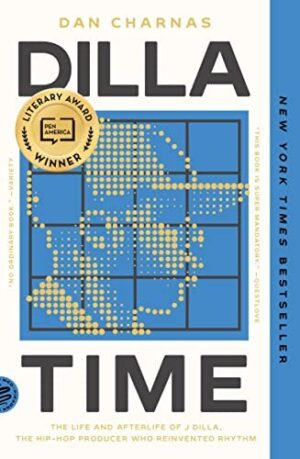
Dilla Time: The Life and Afterlife of J Dilla, the Hip-Hop Producer Who Reinvented Rhythm
by Dan Charnas
I’m not done with this book! And, as a fan of J Dilla, but more just a regular old human soul in love with the transcendent sublimity of sound, it’s no surprise that it’s making an impression on me. So, I will just say it’s one of these books that never ends because I’ll wind up investigating every reference and fact for years to come. It is a gift to learn about what seems like dozens of musicians who are new to me and, above all, to deepen my appreciation for and experience of the liberatory power of music. Detroit forever.
Purchase

